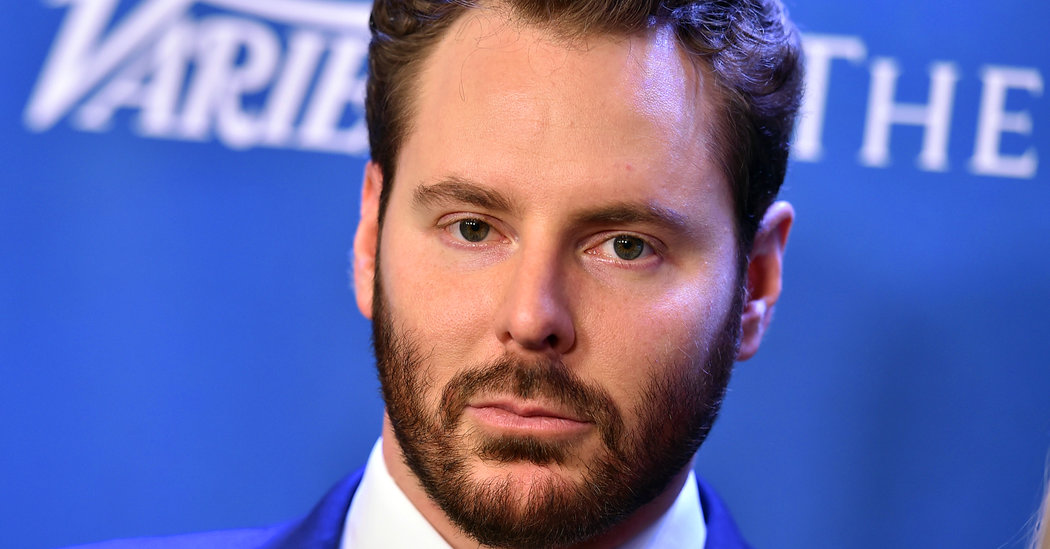
LOS ANGELES — Sean Parker was a pioneer in music sharing when he co-founded Napster and in social media as the early president of Facebook. Now he wants to pioneer in a field that is already jumping with activity: cancer immunotherapy.
Mr. Parker is announcing Wednesday that he is donating $250 million to a new effort that will bring together six leading academic centers to develop ways to unleash patients’ own immune systems to fight cancer.
The Parker Institute for Cancer Immunotherapy will try to spur collaboration among the centers, having them share research materials and discoveries and jointly conduct clinical trials to try to accelerate progress.
“How do we get more therapies to market faster and more cheaply?” Mr. Parker said in an interview, adding that his effort represented a new “blueprint for biomedical research funding.”
The academic institutions involved are the Memorial Sloan Kettering Cancer Center, the University of Pennsylvania, the University of Texas M.D. Anderson Cancer Center, Stanford, and the University of California campuses in San Francisco and Los Angeles.
After decades of frustration, researchers have finally figured out how to direct the body’s immune system to recognize and attack tumors, resulting in some striking recoveries for patients on the brink of death. But this approach has worked for only a minority of patients, so there is still much room for improvement.
Dozens of companies are pursuing the field, and philanthropists are supporting research. Johns Hopkins University recently announced it would open a center for immunotherapy research using $50 million gifts from Michael R. Bloomberg, the former mayor of New York, and Sidney Kimmel, founder of the Jones Apparel Group. Immunotherapy is also a major thrust of Vice President Joseph R. Biden Jr.’s “cancer moonshot” initiative.
Mr. Parker said that his institute, which will involve about 300 researchers in 40 laboratories on the six campuses, will try to improve on existing approaches in ways not being pursued by companies.
The institute will have a somewhat unusual arrangement with the research centers. While each academic center will own the intellectual property from its work, the Parker Institute will manage the patents and their licensing to companies. Some of the proceeds will go toward future research by the Parker Institute and be shared by all the academic centers, giving them an incentive to cooperate rather than compete.
The Parker Institute will also work with companies, including a study with Merck on why some cancers resist treatment by the company’s drug Keytruda. Jeffrey Bluestone, a professor and immune system expert at the University of California, San Francisco, will also serve as chief executive of the Parker Institute, which will be based in San Francisco.
Researchers said the money from the Parker Institute would allow them to pursue longer term projects and more radical ideas than they could using government grants.
“If you have a great idea, you should be able to try it tomorrow,” said Lewis L. Lanier, who will lead the project at U.C.S.F. “It’s pretty stale if you have to wait nine months” to get a government grant.
Mr. Parker, whose wealth is estimated at $2.4 billion by Forbes, announced last year that he had put $600 million into a foundation to support life sciences research, public health and civic engagement. The immunotherapy effort is the largest allotment of that money by far.
“This is my primary philanthropic project probably for the rest of my life,” he said.
Mr. Parker, 36, said he initially became interested in the immune system because he has asthma and food allergies. But his interest in tamping down the immune system to stifle allergies also drew his attention to efforts to rev it up to fight cancer.
On Wednesday evening, Mr. Parker will host a big party at his house in Los Angeles to celebrate the start of the immunotherapy project.
Guests will include the actors Tom Hanks and Sean Penn, the directors Peter Jackson and Ron Howard, the venture capitalist John Doerr, Twitter’s chief executive, Jack Dorsey, and Gov. Jerry Brown of California, according to the invitation. Lady Gaga and John Legend are scheduled to perform.
Presumably, the cancer researchers will also be there.

